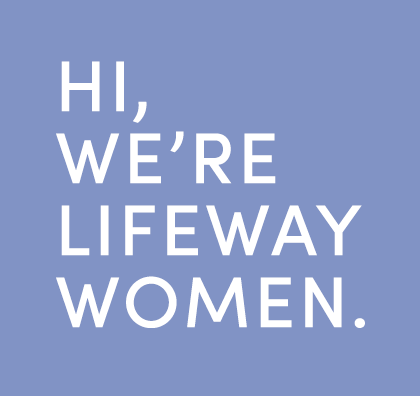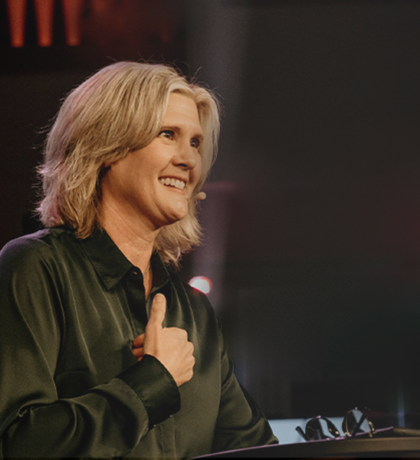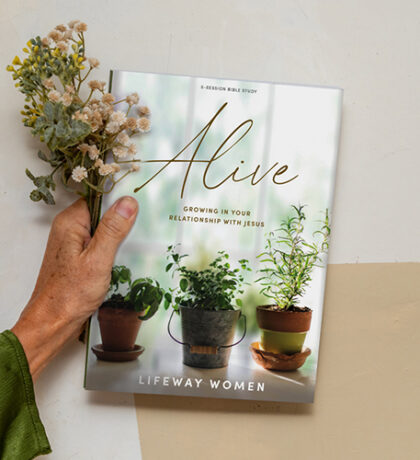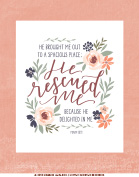HomeLife Calendar & Scripture Art | May 2024
Enter to Win a Jennifer Rothschild Bible Study!
What to Expect at Feast with Kristi McLelland
Top Posts








Browse by Category
The Latest From Lifeway Women
Fun Stuff
Bible Studies
Two Jennifer Rothschild Studies Now Available with Video Access
Lifeway Women Recommends | Get to Know People in the Bible
New “Alive” Bible Study | Read an Excerpt
The Reference Desk | What Is Holy Week?
Lifeway Women Recommends | Studies on the Gospels
New “The Gospel of John” Bible Study | Read an Excerpt
Spiritual Growth
Free Monthly Downloads


Here at the Lifeway Women blog, we are women just like you. And we minister to women for the same reasons you do. We pray that our resources, our events, and this blog will be tools used by God to change your life, which will inevitably affect those around you, impacting lives one woman at a time.





























